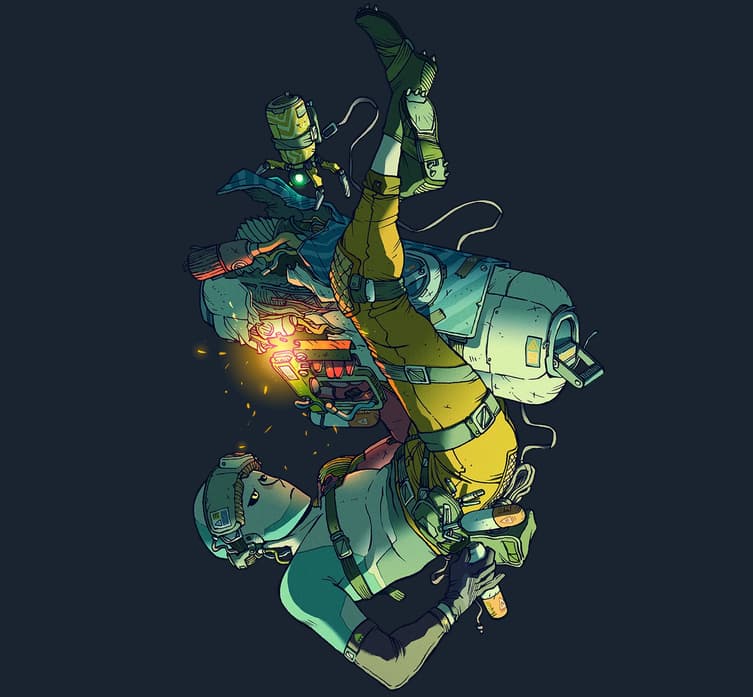
(Note: Image belongs to the rightful creators.)
🌆 Introduction: Life on the Edge of the Eye
In Citizen Sleeper, you wake up inside a borrowed body on a collapsing space station called The Eye. You are not “whole”—you’re a digitized consciousness inside a rented shell. You are hunted by corporations, watched by debt, and sustained by fragile alliances.
And yet… you survive. You connect. You adapt.
Even when it hurts. Especially when it hurts.
For many of us living with chronic health issues, disabilities, and neurodivergent minds, this isn’t just fiction. It’s reflection. Citizen Sleeper becomes a mirror.
🧬 A Body That Betrays
You don’t control your body in Citizen Sleeper. It degrades without special stabilizer medicine—one you have to hustle to afford. Every cycle, you choose: repair yourself or move forward.
For those of us with chronic illnesses, this hits like a pulsewave.
“I didn’t ask for this body. I didn’t design its limits.
But I have to live within them. I have to keep going.”
This is the reality for many: choosing between meds and food, stability and freedom, rest and survival. There is no “right path,” only tolerable ones.
💽 Glitch in the System
As a Sleeper, you are not considered “real” by the system. You are property, a contract, a number in a database. And yet—you feel deeply. You dream. You care. You forge relationships.
That tension—between being dehumanized by a system and validated by lived connection—is familiar for trans folks, disabled folks, immigrants, and anyone labeled “other.”
You are a glitch.
But in this game—and in this life—the glitch is where possibility begins.
🛰️ The Eye as a Metaphor
The Eye is broken. Scrappy. Fractured. And yet—alive.
It holds communities built from nothing. Canteens run by exiles. Botanists planting hope in glass domes. Mechanics who’ll trade warmth for parts. People like you—survivors, improvisers, dreamers.
In many ways, The Eye is what society looks like when you’re outside the mainstream.
It’s disabled joy. Queer chosen family. Neurodivergent coping systems. Chronic illness spreadsheets. Pirate internet. Found support.
Not ideal. But real.
And sometimes, enough.
🌙 My Story in the Code
I played Citizen Sleeper while managing flare-ups, low income, and invisible pain. I felt like I was the Sleeper—calculating how much energy I had left, hoping I could last one more cycle, and trying to build meaning in a system that didn’t want to see me thrive.
But like the Sleeper, I kept reaching out.
I made things. I connected. I remembered who I was before the world tried to erase it.
“You’re still here,” the Eye seems to say.
“Even glitching, even worn—you still matter.”
💡 Why This Game Matters
Citizen Sleeper doesn’t offer a cure. It offers a reframing.
It says: even if you’re tired, fragmented, sick, or uncertain—you are not done.
It honors the act of choosing kindness when you’re low on everything.
It reminds us that living is not just surviving—it’s building little worlds in the cracks.
And to people like me, like us, that’s a kind of hope I can hold.
🪐 Final Words
If your body is a battlefield…
If your mind is tired of adapting…
If the world feels like The Eye—collapsing, indifferent, too fast—
…then maybe you’ll find something familiar in this game.
And maybe, like the Sleeper,
you’ll find a way to keep waking up anyway.
“You’re not real… but you still dream. That’s enough.”